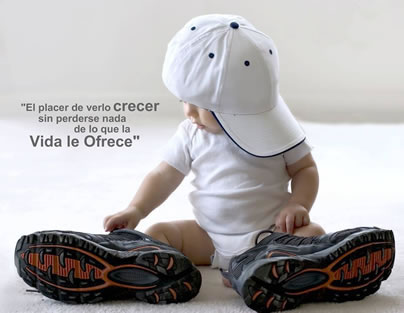In children
It is usually thought that all people with hearing impairment have the same characteristics; there are many factors that determine the consequences of this disability. These include the age of onset of hearing loss, the association of other conditions, family support, and the systematic use of hearing aids, educational programs, and the presence of other family members with hearing disabilities, etc. One of the determining factors is the degree of the hearing loss, because it is closely related to language development.
In moderate and severe losses are the obvious problems that arise in the articulation and structuring of language. This directly affects learning and reading skills, both in vocabulary and comprehension. In addition, they experience great difficulty perceiving a conversation, especially if there is background noise. They may have feelings of social isolation and low self-esteem resulting from difficulty in integration.
Profound hearing losses have much more obvious implications; cognitive development and thinking skills are affected and communication becomes more difficult, whether oral or written. Language development requires much more time and special methodology as incidental learning is very limited. They may have difficulty in abstraction and reasoning skills; this depends on the language level achieved. Reading and writing are dramatically affected.
In summary, all is due to the lack of access to language in the first years of life and lack of early auditory stimulation. To the extent that the child is exposed to these two, their limitation to disability will be less. The problem of communication goes far beyond the use of hearing aids or cochlear implant because if so, when fitting any of these prosthesis, all children with and without hearing impairment would be in the same learning conditions.




